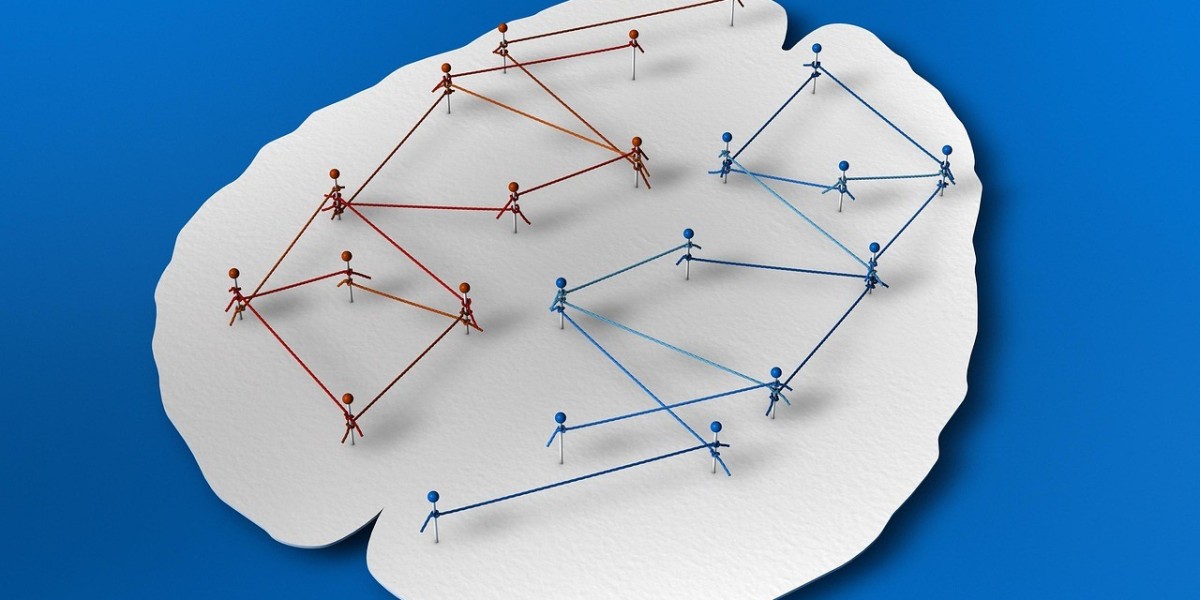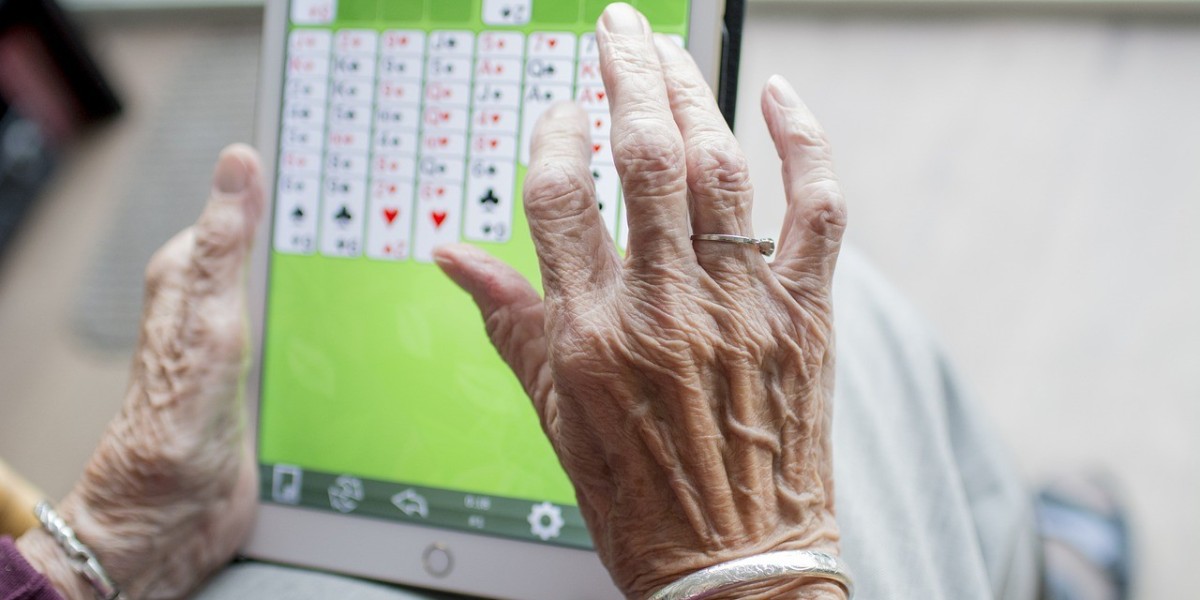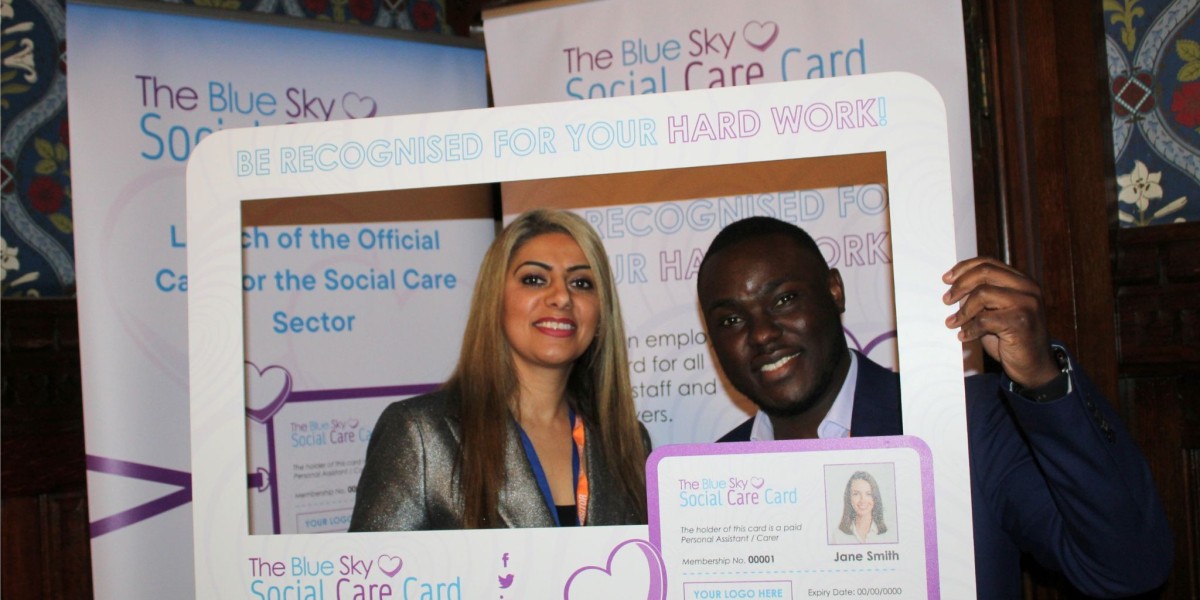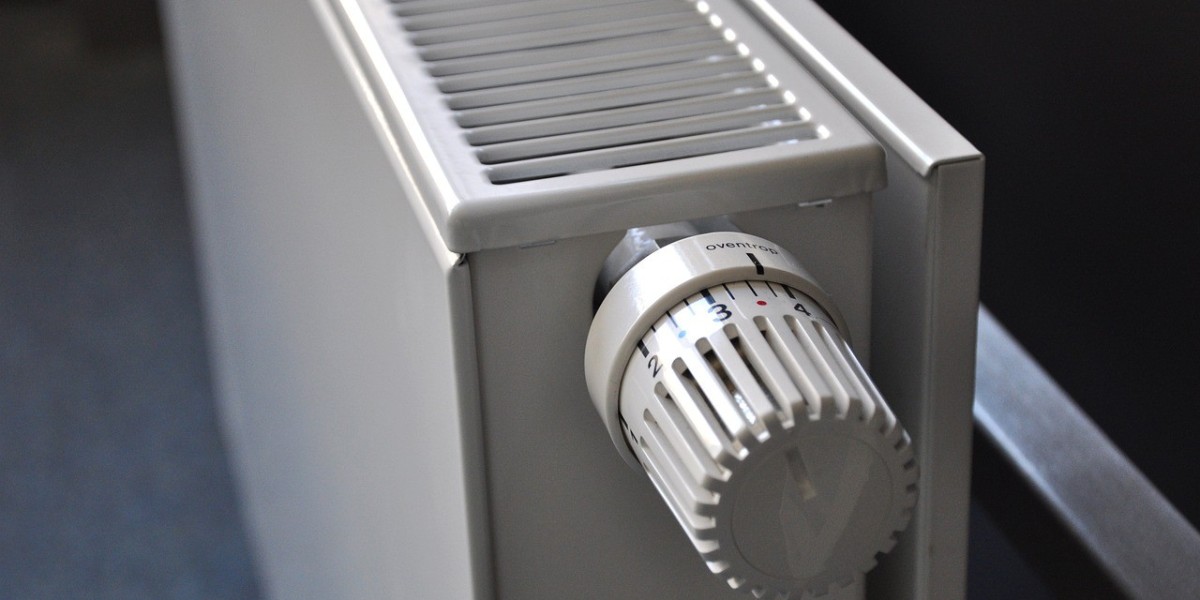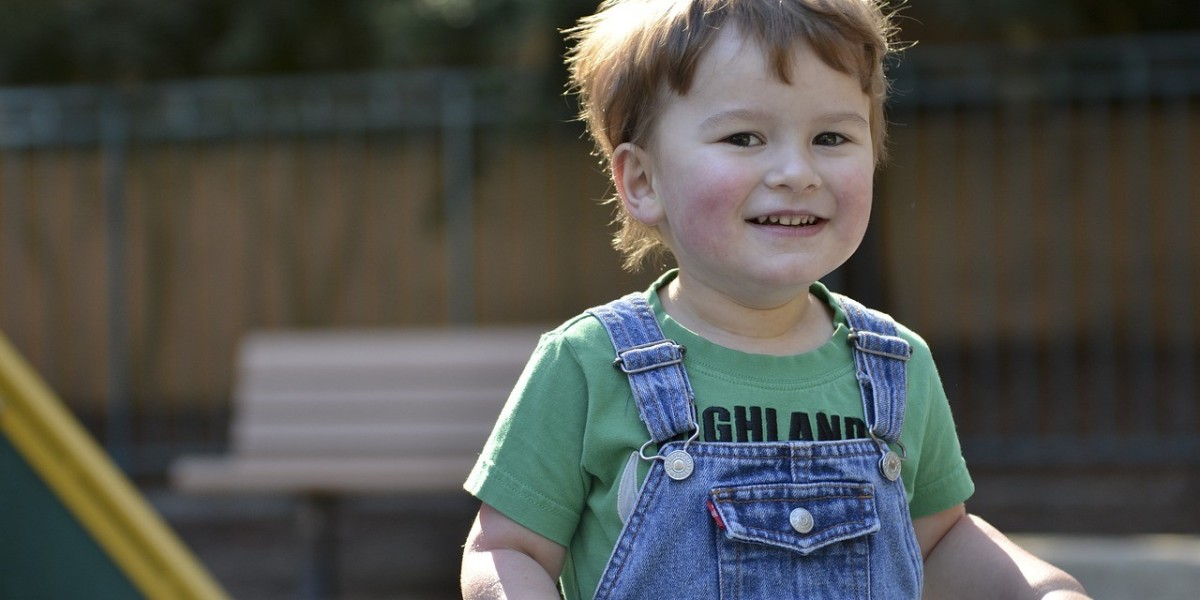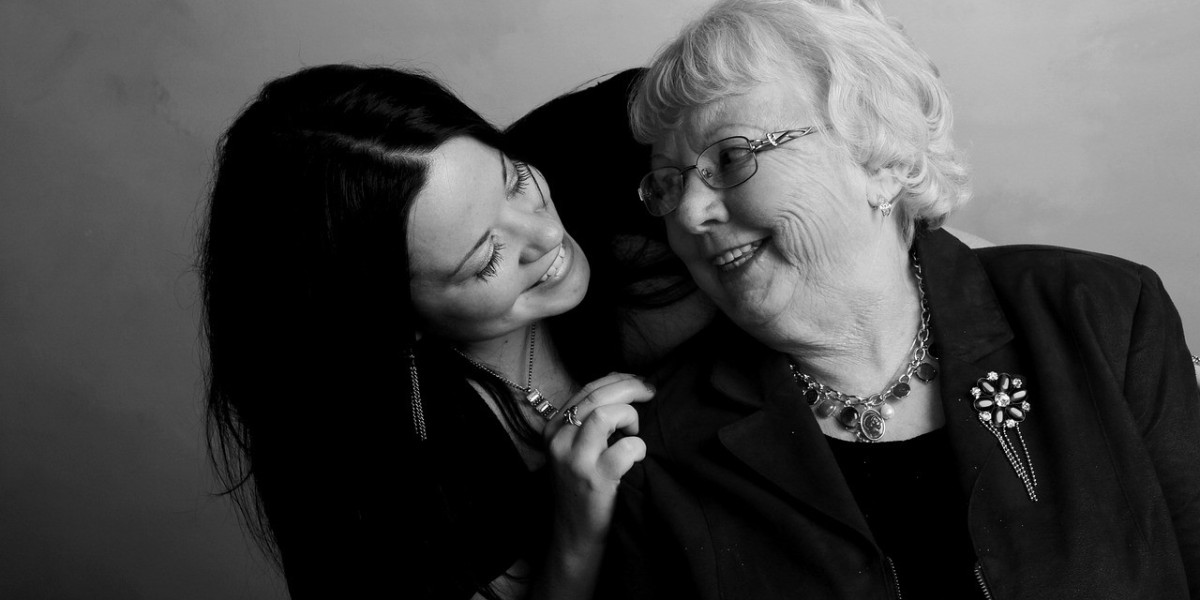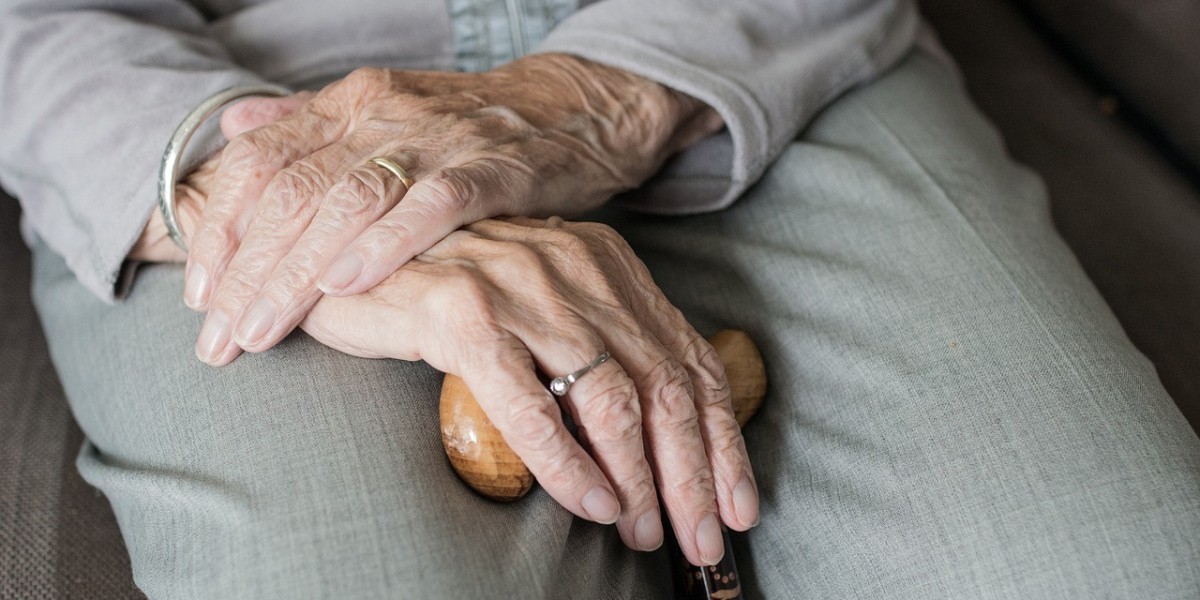Noticing memory loss, confusion, or changes in behaviour in someone you love can be worrying. It’s natural to feel unsure about what to do next — especially if you’re considering the possibility of dementia. But you’re not alone. Many families and carers have been exactly where you are now.
Whether you’re seeking reassurance, gathering information, or ready to speak to a healthcare professional, this guide will walk you through the steps to getting a dementia diagnosis and explain what to expect along the way.
When Should You Seek Medical Support?
If your loved one is experiencing:
· Memory problems that are worsening or affecting daily life
· Difficulty with language, problem-solving, or concentration
· Changes in mood, personality, or social behaviour
· Struggles with daily activities, such as managing money, cooking, or navigating familiar places
While these symptoms don’t always mean dementia, it’s important to rule out other causes and get the right support early on.
The First Step: Visiting the GP
Start by booking an appointment with the person’s GP. It may help to:
Keep a record of symptoms you’ve noticed, when they started, and how they’re affecting everyday life.
Go with your loved one if they feel comfortable — having someone there can offer reassurance and support, and may help provide extra details.
The GP will likely ask questions about:
· Medical history
· Changes in memory or behaviour
· Physical and mental health
· Family history of dementia
They may also do:
· Memory and thinking tests
· Blood tests to rule out other conditions (e.g. vitamin deficiencies, thyroid issues)
· A physical examination
If dementia is suspected, the GP may refer to a specialist, such as a neurologist, geriatrician, or memory clinic, for further assessment.
What Tests and Scans Can Help with Diagnosis?
Once referred, your loved one may undergo:
Cognitive and Psychological Assessments
These tests assess memory, attention, language, problem-solving and thinking ability. They might include:
· The Mini-Mental State Examination (MMSE)
· The Montreal Cognitive Assessment (MoCA)
These tests help build a picture of how the brain is functioning and identify any patterns that may indicate dementia.
Further Blood Tests
To eliminate other medical causes of symptoms, such as:
· Vitamin B12 deficiency
· Thyroid disorders
· Infections
Brain Scans
Scans can help identify changes in the brain that are consistent with different types of dementia:
MRI scan: Looks for shrinkage in specific areas of the brain.
CT scan: Useful for spotting strokes, tumours or fluid build-up.
PET or SPECT scans: Less common, but may help detect specific types of dementia like Alzheimer’s or Lewy body dementia.
What Happens After a Diagnosis?
A diagnosis can bring a mix of emotions — relief, fear, sadness, clarity — all completely valid. But it can also be the first step toward accessing the right support, care and treatments.
After diagnosis, your loved one should be given:
· A clear explanation of the type of dementia and what it means
· Information on treatments, support services, and future planning
· A care plan, often provided by a dementia nurse or memory clinic
· Details of local support groups, charities, and resources
